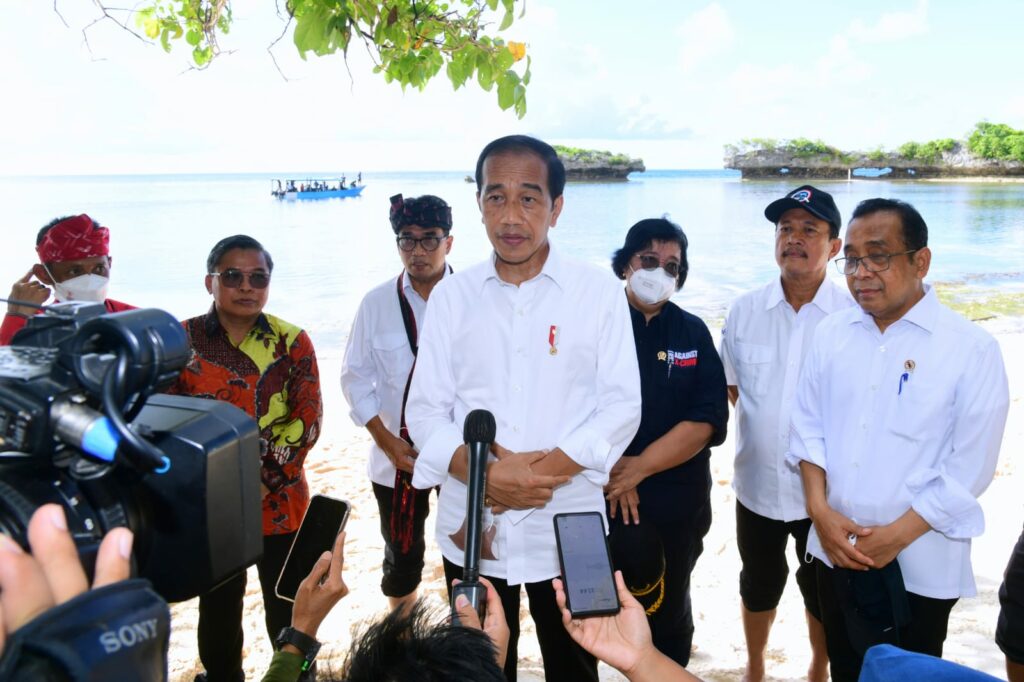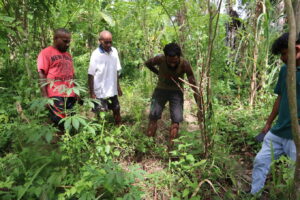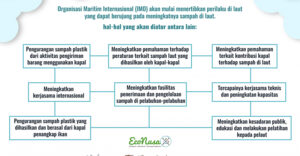
The 2022 Agrarian Reform Task Force (GTRA) Summit is expected to integrate, incorporate all ministries, institutions, and local governments to work for the shared objective, that is to resolve the existing tenurial problems amidst the society.
The statement was addressed by President Joko Widodo on the opening of the 2022 GTRA Summit in Marina Togo Mowondu, Wakatobi Regency, Southeast Sulawesi Province, on Thursday 9 June 2022.
President Joko Widodo asserted that all elements of governments, both central and local governments, could be open minded, in synergy, and evade sectoral ego in resolution of all conundrums amidst the community such as tenurial conflict.
Read also: Edor Village Website Launching, Progress for Data-based Local Planning
“I could not tolerate any state loss, community loss that happened due to sectoral ego and institutional ego. No way, stop it, it is enough. The problem starts here, all should be open minded,” said President as quoted from the official presidential website as saying.
Furthermore, the President underlined that the existing sectoral ego among ministries/institutions still causes hindrance to solve various kinds of state complexities. The President mentioned that integration among ministries/institutions are deemed the most crucial stuffs to do.
“Regional, regency/mayoralty governments at province, central, failed to have integrated work (as they work) their own ways, with their own egos. If (the conditions) continue to happen, the state problem will not be accomplished, the state complication will not end. The problems are visible, the solution is visible, but it could hardly be done due to sectoral ego,” said the President.
Read also: Chronicle from Neniari Gunung, Mobilizing Women for Organic Farming
During the summit, the civil society also addressed some important pleas to be taken into government’s consideration. First, they highlighted the importance of recognition and protection of indigenous people and customary areas. Second, they called that agrarian reform has effective governance and institution by accommodating other stakeholders in addition to governments, such as academicians, indigenous people, farmers, fishers, women group, nongovernmental organization.
Third, they called that the agrarian reform gives contribution to the agrarian conflict resolution. The conflict resolution unit at all levels is expected to solve various agrarian conflicts that occurred at mainland and ocean areas that provides protection to farmers and small fishers.
The fourth call concerned with the economic boost as part of the agrarian reform scheme. For the reason, cooperation across ministries/institutions with capital, funding resource access, and marketing network development.
Read also: Eko, Inspiring Youth and Motivating Women
The civil society called that the agrarian reform put the function sustainability of environment, social, culture while assuring community livelihood with inclusiveness and gender equality.
The President said further that tenurial problem should be promptly resolved. The President said that that is not insubstantial problem as it could impact social life and even public economy condition.
“It should be cautious with its massive social impact, economic impact. And those holding a certificate, it could become a trigger to economy as it could be used as a collateral for warranty to access financing from bank, financial institution,” said the President.
Read also: Tribal Assembly on Recognition of Ulim Abgies Pela and Ulimpa Obokmala Clans Rights Running Well
“I appreciate the GTRA Summit. We hope the Agrarian Reform Task Force could immediately integrate, incorporate all ministries, institutions, and also local governments to work collaboratively with the same objective to solve the existing tenurial problems among the community. There is no other way but to solve tenurial conflict,” he said.
The President and First Lady Iriana were accompanied by State Secretariat Minister Pratikno, Agrarian ang Spatial/National Land Agency (BPN) Minister Sofyan Djalil, Investment/BPKM Minister Bahlil Lahadalia, Tourism and Creative Economy Minister Sandiaga Uno, Transportation Minister Budi Karya Sumadi, Environment and Forestry Minister Siti Nurbaya Bakar, Southeast Sulawesi Governor Ali Mazi, and Wakatobi Regent Haliana.
Besides, the House of Representative (DPR), Regional Representative Council (DPD), local government, civil society organization, academician, also took parts in the 2022 GTRA Summit.




